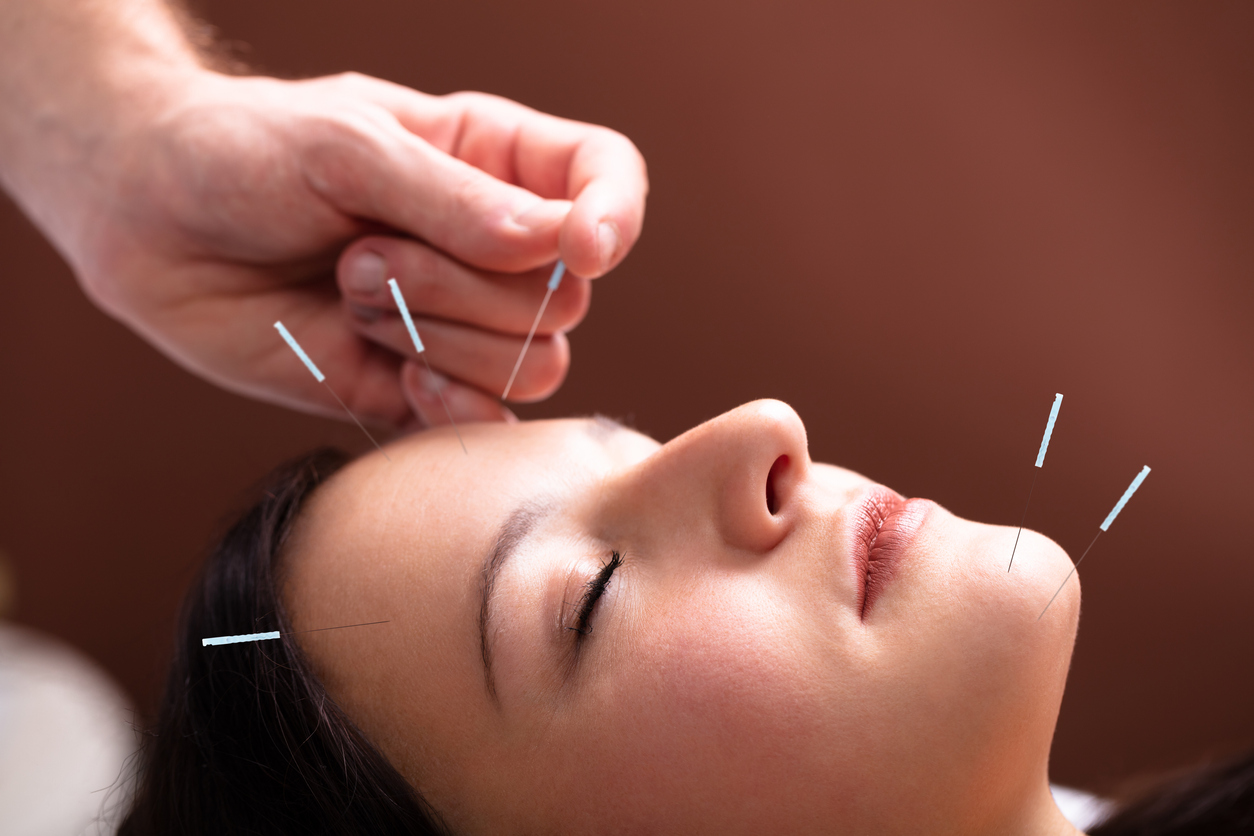Top 10 Benefits of Acupuncture
Acupuncture is an ancient practice that has gained significant recognition in recent years for its numerous health benefits. In this article, we will explore the top 10 benefits of acupuncture and how it can improve your overall well-being.
Pain Relief
One of the most well-known benefits of acupuncture is its ability to provide pain relief. Acupuncture stimulates the release of endorphins, which are natural painkillers produced by the body. It can effectively alleviate chronic pain conditions such as back pain, migraines, arthritis, and fibromyalgia.
Stress Reduction
In today’s fast-paced world, stress has become a common problem for many individuals. Acupuncture helps to reduce stress by promoting relaxation and balancing the body’s energy. It can also improve sleep quality and enhance overall mental well-being.
Improved Digestion
Acupuncture can aid in improving digestion by regulating the digestive system. It can alleviate symptoms of indigestion, bloating, acid reflux, and irritable bowel syndrome (IBS). Stimulating specific acupuncture points helps to restore the balance of the digestive system and promote optimal functioning.
Enhanced Immune System
Regular acupuncture sessions can strengthen the immune system and increase resistance to illnesses. It helps to stimulate the production of white blood cells and promote the body’s natural defense mechanisms. This can result in a reduced frequency of colds, flu, and other common infections.
Hormonal Balance
Acupuncture is effective in regulating hormonal imbalances in both men and women. It can help with conditions such as menstrual irregularities, fertility issues, menopausal symptoms, and even hormonal acne. By restoring the balance of hormones, acupuncture can improve overall reproductive health.
Mental Clarity
Acupuncture not only benefits the physical body but also has positive effects on mental health. It can improve focus, concentration, and memory. By balancing the body’s energy, acupuncture promotes mental clarity and reduces brain fog.
Allergy Relief
For individuals suffering from allergies, acupuncture can provide significant relief. It helps to reduce inflammation, boost the immune system, and alleviate symptoms such as sneezing, itching, and congestion. Acupuncture can be a natural and effective alternative to antihistamines.
Increased Energy Levels
Many people experience fatigue and low energy levels due to various factors such as stress, poor sleep, or chronic illnesses. Acupuncture can help to restore energy balance in the body, resulting in increased vitality and overall well-being.
Improved Skin Health
Acupuncture can have a positive impact on skin health by promoting blood circulation and collagen production. It can help reduce the appearance of wrinkles, acne, and other skin conditions. Regular acupuncture sessions can lead to a healthier and more radiant complexion.
Addiction Recovery
Acupuncture is increasingly being recognized as a valuable tool in addiction recovery. It can help reduce cravings, manage withdrawal symptoms, and support individuals in their journey toward sobriety. Acupuncture sessions can be a beneficial addition to traditional addiction treatment programs.

Acupuncture offers a wide range of benefits for both physical and mental health. Whether you are seeking pain relief, stress reduction, or improved overall well-being, acupuncture can be a valuable addition to your healthcare routine. Consult with a qualified acupuncturist to experience the transformative effects of this ancient practice.
Frequently Asked Questions about the Top 10 Benefits of Acupuncture
1. What is acupuncture?
Acupuncture is a traditional Chinese medicine technique that involves inserting thin needles into specific points on the body to stimulate energy flow and promote healing.
2. How does acupuncture work?
Acupuncture works by stimulating the body’s natural healing response, releasing endorphins, and improving blood circulation to promote overall well-being.
3. Is acupuncture painful?
Acupuncture is generally not painful. The needles used are very thin and cause minimal discomfort. Most people report feeling a slight tingling or pressure sensation during treatment.
4. What conditions can acupuncture treat?
Acupuncture can effectively treat a wide range of conditions, including chronic pain, migraines, allergies, insomnia, anxiety, depression, and digestive disorders, among others.
5. Are there any side effects of acupuncture?
Acupuncture is considered safe when performed by a trained and licensed practitioner. Side effects are rare but may include minor bruising, dizziness, or temporary soreness at the needle insertion sites.
6. How many acupuncture sessions are needed to see results?
The number of sessions needed varies depending on the condition being treated. Some people may experience immediate relief after one session, while others may require multiple sessions over a few weeks or months.
7. Can acupuncture be used alongside other medical treatments?
Yes, acupuncture can complement other medical treatments. It is often used in conjunction with conventional medicine to enhance its effectiveness and reduce side effects.
8. Is acupuncture suitable for everyone?
Acupuncture is generally safe for most people, but it may not be suitable for individuals with certain medical conditions or those who are pregnant. It is important to consult with a qualified acupuncturist to determine if it is appropriate for you.
9. How long has acupuncture been practiced?
Acupuncture has been practiced for thousands of years in China and is one of the oldest medical systems in the world. Its origins can be traced back over 2,500 years.
10. Is acupuncture covered by insurance?
Some health insurance plans may cover acupuncture treatments, but it varies depending on the provider and the specific policy. It is recommended to check with your insurance company to determine your coverage.




